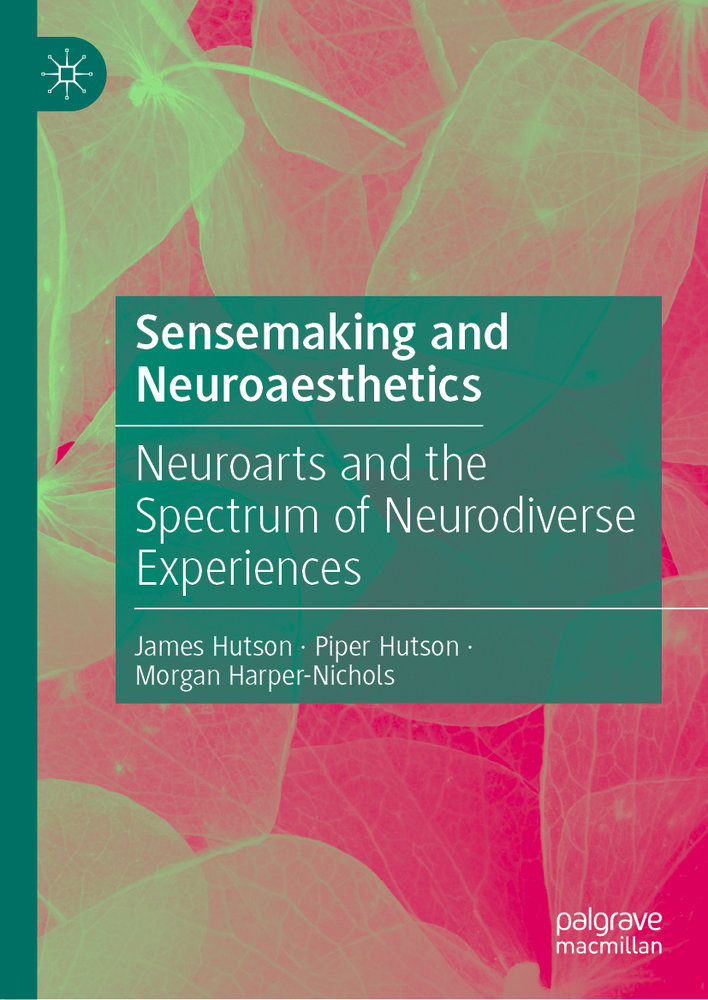This book investigates the complex interrelationships between neuroscience, arts, technical design, and the spectrum of neurodivergent conditions, introducing the emerging topic of neuroarts. It underscores the efficacy of art and technology as multisensory instruments that aid neurodivergent individuals in identifying sensory predilections and enable neurotypical persons to enhance their perception of the universe by experiencing varied sensory realities. Leveraging the principles of enactivism, which suggest that cognitive functions are moulded by the reciprocal interaction between an organism and its surroundings, the authors explore the utility of novel technologies and advance a fresh paradigm for delineating 'neurotribes' in relation to sense engagement and corporeality. As a critical contribution to the discourse on neuroaesthetics and neurodiversity, art therapy, clinical psychology, and neurodiversity-focused medical practice, this work also benefits cultural entities aiming to craft inclusive experiences for neurodiverse audiences and tech professionals working with AI, augmented reality, and sensory technologies.
James Hutson is Professor of Art History and Visual Culture at Lindenwood University (USA). He specializes in multidisciplinary research that encompasses AI, neurohumanities, neurodiversity, and immersive realities. His scholarly portfolio includes several books on the application of artificial intelligence in education and cultural heritage, including Inclusive Smart Museums (Palgrave McMillan, 2024).
Piper Hutson is an art curator and instructor with over sixteen years of experience in galleries across the United States. Her expertise lies in 19th-century British art, art education, and inclusivity in cultural heritage collections for neurodiverse populations, and she currently serves as both a Corporate Art Curator and an instructor in higher education at Lindenwood University (USA).
Morgan Harper-Nichols is an Atlanta, GA-based neurodivergent artist committed to mental well-being, accessibility, and a deeper understanding of neurodiversity in the arts. She is currently pursuing an MFA in Interdisciplinary Media Arts at Lindenwood University, where she studies interactive art and games, AI, as well as the intersection of neurodiversity, art, and its impact at a sensory level.



